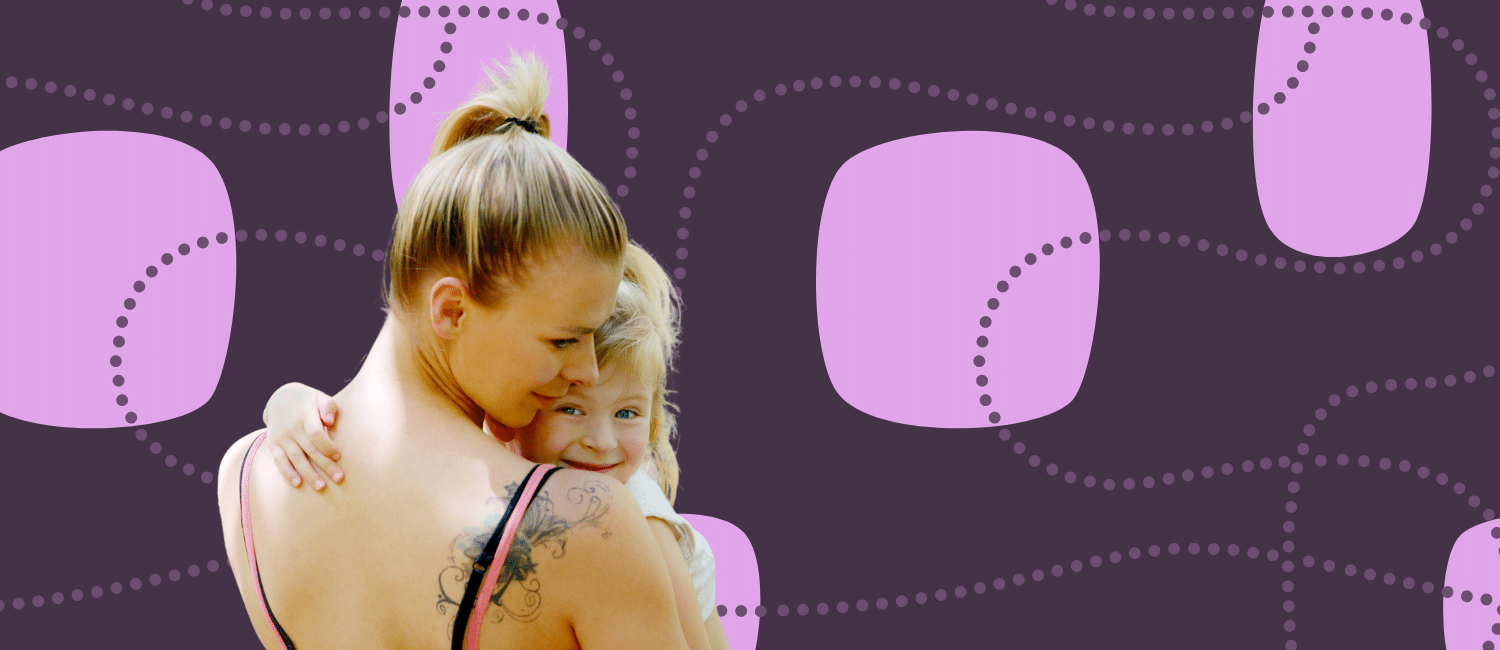
The importance of healthy relationships
When two people share responsibility for a child, no matter whether they are still together or separated, the relationship between them has a direct impact on the emotional wellbeing and mental health of their child.
A healthy parental relationship is one that nurtures the physical, emotional and social development of a child. This creates an environment of nurture which lays the foundation for the child’s personality, life choices and overall behaviour. It can also affect the strength of their social, physical, mental and emotional health. Some of the benefits of experiencing healthy relationships include that the child will:
- Exhibit optimistic and confident social behaviours
- Achieve better social and academic skills
- Gain strong problem-solving skills
- Grow up with secure and healthy attachments
- Strengthen their mental, linguistic and emotional development
- Develop happy and content relationships with others
- Learn to regulate emotions under stress and in difficult situations
In a survey by The Children’s Society, 70% of children said that parents getting on well is one of the most important factors in their happiness. Evidence clearly shows that children who are exposed to parental conflict can suffer long-term harm which affects their:
- emotional and social development
- mental health
- educational attainment
- employability
- future relationships
Not all conflict is damaging. But where this conflict is frequent, intense and poorly resolved it can harm a child’s emotional wellbeing, causing unhappiness and potentially harming their life outcomes.
